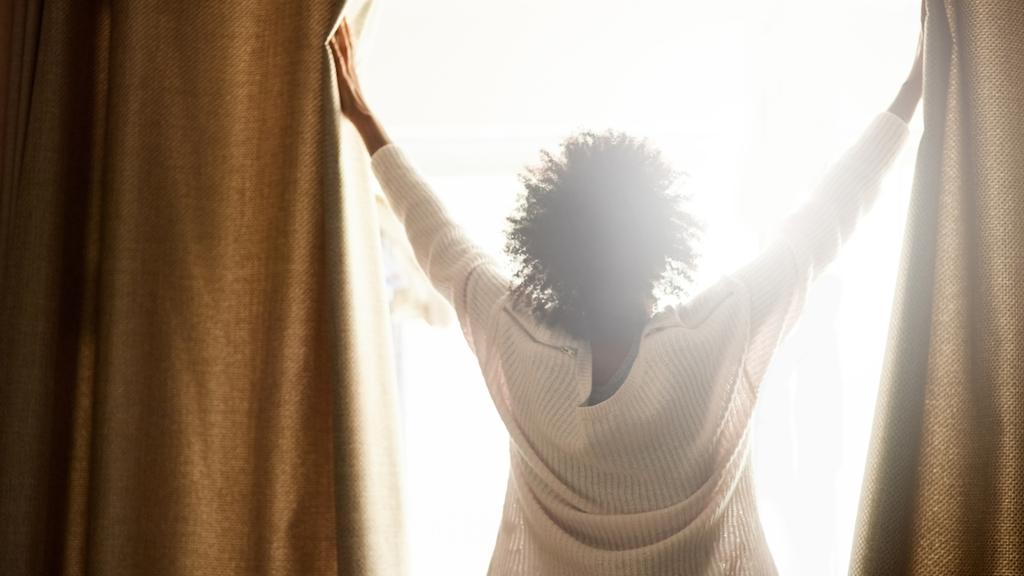
Not a morning? It’s not your fault. Image: Unsplash
There are two types of people in the world: early birds and night owls. The cruelest scenario – and one which I unfortunately am living through – is when one type decides to co-habit with the other type. Cue many a domestic argument based on mismatched energy levels first thing in the morning and, subsequently, last thing at night, too.
I am most definitely a nigh owl – I get a burst of creative energy often at about eight or nine PM, while my husband is often crawling into bed at this time. He, quite literally (and annoyingly), jumps out of bed, often singing (weird, I know…) and strangely happy to start the day.
I on the other hand am slow to rise – and often unable to form a sentence until I’ve opened the curtains, gotten dressed and (in an ideal world) had a cup of coffee.

Coffee is essential, ok? Image: Unsplash
What’s wrong with being a night owl?
We currently have two small children under the age of four in the house – so my days of sleeping in are sadly all but a distant memory to me; as I’m required by these cute little dictators to get up far earlier than I’d prefer, in order to feed, dress, and ready them for the day.
However, I am bolstered by the news that my lack of ‘bounce’ in the mornings has nothing to do with me being ‘in a bad mood’ or ‘grumpy’. My inability to greet the day with excitement is a scientifically proved, expert-backed thing that afflicts many people, and it’s called sleep inertia.

It’s all about your sleep cycles. Image: Unsplash
What is sleep inertia?
Body+Soul‘s resident sleep expert Olivia Arezzolo has explained sleep inertia (rather aptly, I think) as “the feeling of being drunk upon waking” which is caused “because you’ve woken from ]rapid eye movement or] REM sleep” – which is the deepest cycles of sleep.
She goes on to explain that this can happen when instead of waking from”a stage one and two NREM sleep – light sleep – you’ve entered stage three and four NREM sleep – [which is ] deep, slow wave sleep” – and can leave you feeling foggy, and groggy and generally not energised for the day.

Open those curtains! Image: Unsplash
What is the cure to sleep inertia?
Luckily, she does suggest an easy solution, and that is to “have an alarm which detects your sleep stages, and then awakens you (within a certain timeframe) while you’re in a lighter sleep stage. Apps such as Sleepzy can help you do this.”
You can download it for iOS here, or for Android here.
Arezzolo suggests three other solutions to helping you shake off that foggy feeling – exposing your eyes to daylight, meditating and exercising first thing (bonus points if outdoors) as good and low-cost ways to start your day right.
Otherwise, you can simply forward this article to your significant other to explain your lack of enthusiasm when it comes to getting out of bed. The science is on your side.
Originally featured on Body and Soul
+ show Comments
- Hide Comments
add a comment